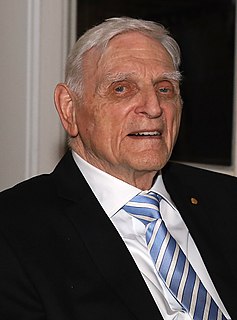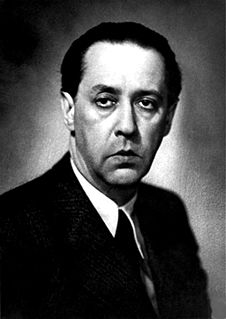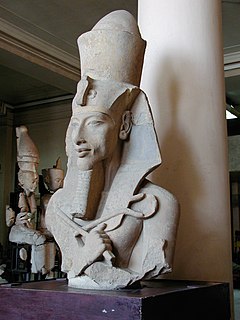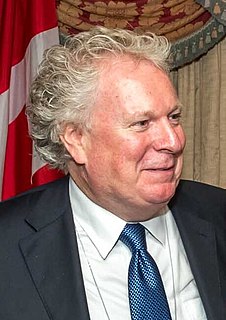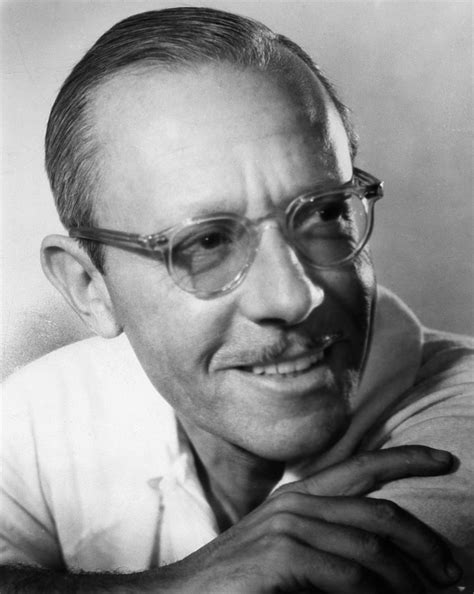A Quote by Socrates
The true Wisdom is in recognizing our own ignorance.
Quote Topics
Related Quotes
At most, recognizing that our history was inspired by many tales we now recognize as false should make us alert, ready to call to constantly into question the very tale we believe true, because the criterion of the wisdom of the community is based on constant awareness of the fallibility of our learning.
WISDOM IS dependent upon knowledge. Where there is complete ignorance there can be no wisdom, no knowledge of the right thing to do. Man’s knowledge is comparatively limited and so his wisdom must be small, unless he can connect his mind with a knowledge greater than his own and draw from it, by inspiration, the wisdom that his own limitations deny him. Only God knows all truth; therefore only God can have Real wisdom or know the right thing to do at all times, and man can receive wisdom from God. Wisdom is obtained by reading the mind of God.
The climbing of earths heights, in itself, means little. That men and women want and try to climb them means everything. For it is the ultimate wisdom of the mountains that we are never so much human as when we are striving for what is beyond our grasp, and that there is no battle worth the winning save that against our own ignorance and fear.
This must be our belief when we have a correct knowledge of our own self, and comprehend the true nature of everything; we must be content, and not trouble our mind with seeking a certain final cause for things that have none, or have no other final cause but their own existence, which depends on the Will of God, or, if you prefer, on the Divine Wisdom.
The significance of our lives and our fragile planet is then determined only by our own wisdom and courage. We are the custodians of life's meaning. We long for a Parent to care for us, to forgive us our errors, to save us from our childish mistakes. But knowledge is preferable to ignorance. Better by far to embrace the hard truth than a reassuring fable. If we crave some cosmic purpose, then let us find ourselves a worthy goal.


